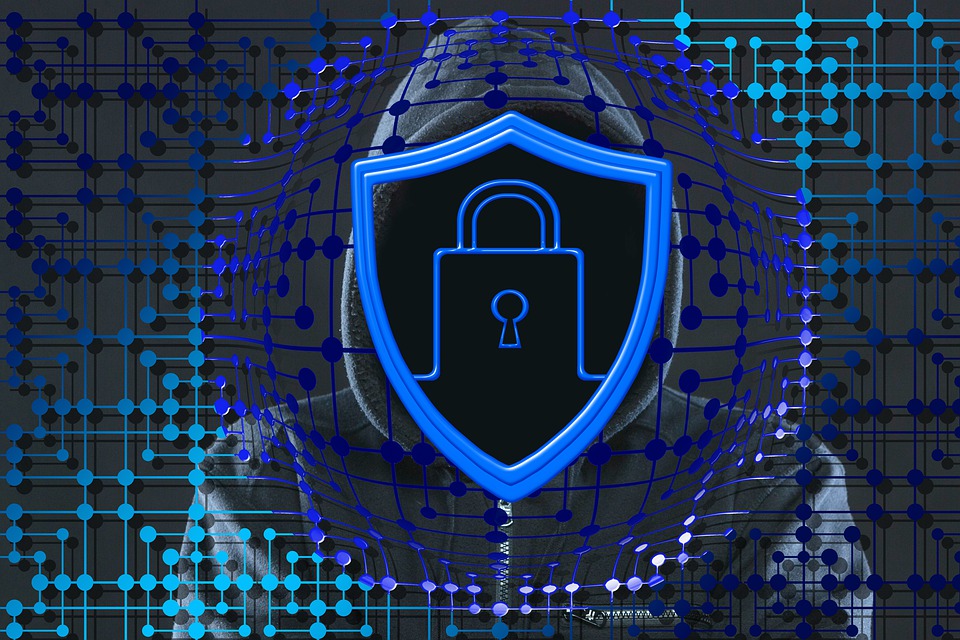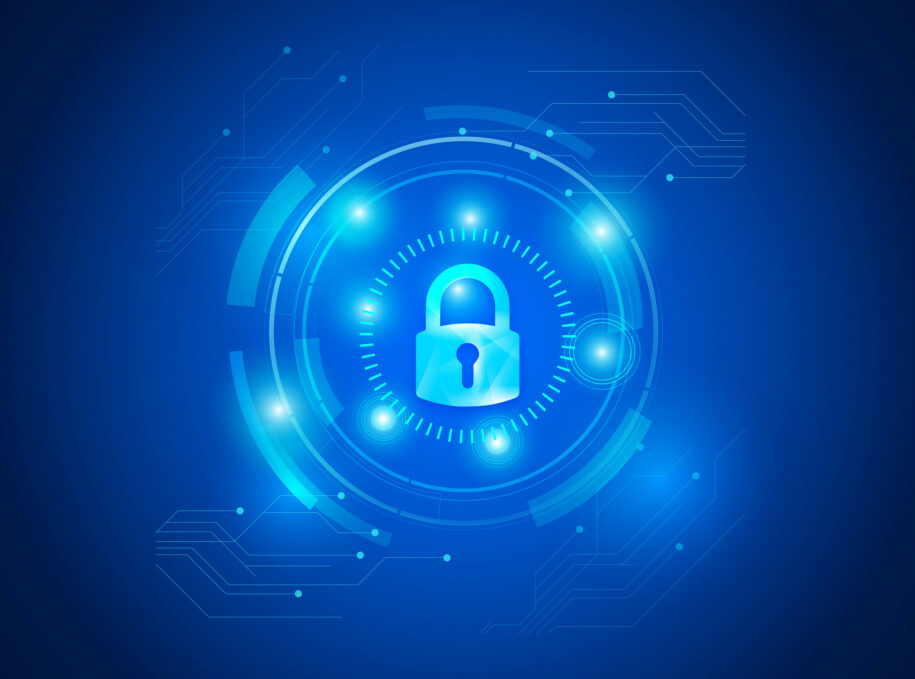Online safety is not a subject that is taught to people who use the internet. However, the magnitude of keeping yourself safe on the internet should dictate otherwise. A simple social media profile or post can be one’s undoing. And they often end up suffering from dire consequences.
We’ll discuss the common social media security risks people are exposed to online. And we’ll also throw in social media security tips to keep yourself and others safe on the internet.
Table of Contents
Why Does Security on Social Media Matter?
In real life, a person is taught not to give out their name or address to strangers. So, too, should be the rule when you are online. You should not freely put personal information for the world to see. Even the info that you hide from the public can still be seen by others (the site owners, the devs, programmers, hackers, etc.). Just keep in mind that anything you share online can be seen by anyone.
Main Security Risks on Social Media
So, what happens if some hackers get a hold of your information? Here’s a quick rundown of the dangers you might get yourself into.
- Identity theft
Once they have vital information such as your name, birth date, and address, they can create fake accounts posing as you. - Do evil deeds using your credentials
They can pose as you and solicit money from people online. - Unauthorized credit card purchases and fund transfers
If they get your credit or debit details, they can buy expensive things using your account. You might not even notice it until you’ve racked up a large debt. - Physically harming you or breaking into your home
If evil people find out where you live, they could blackmail you with physical harm or even directly steal from your house. - Use info from posts and photos to hack into the company you are working for
An innocent photo taken in the office could contain valuable information that hackers can use. This compromises your work security on social media without you even knowing it.
It is scary to think that whatever you input on the internet becomes free knowledge for all. For this reason, some people opt to never use social media sites or do online transactions. Large companies even keep their sensitive files on a computer that is never connected to the internet.
But we don’t have to be a hermit to keep ourselves safe. Just be aware and inform yourself and others of the steps one can take to be safe online.

Malware Attacks and Their Consequences
There are multitudes of modus operandi that criminals use to scam people online. Be familiar with them and learn how to mitigate such incidences.
Imposter accounts
Posing as the official account of popular celebrities and brands is the main occupation of imposters. These social media accounts attract millions of followers and every post garners thousands of likes in just a few hours. This kind of exposure is what imposters love to get.
Depending on their motives, they can either hurt the reputation of the brand by posting disparaging comments or putting out false information that will make the followers lose respect for the person or brand.
How to protect yourself: Claim a username for your brand early on, even if you are not going to use it yet. Then have it verified to get the authenticity seal or check that will show people that it is your official social media account.
Unused social media accounts
Inactive accounts are often left unmonitored. The next thing you know, it is already being used by a hacker to do various nefarious deeds. They can post malicious links or virus-infected links that your friends and followers might click.
How to protect yourself: Check your accounts regularly to make sure they have not been hacked. You can change passwords every 6 months, as well.
Default privacy settings
When we create an account on social media platforms, we often forget to edit the security settings and just keep the default ones. This makes us vulnerable to online scammers and hackers.
How to protect yourself: Manage your account’s privacy settings to not share sensitive info with the public. Refrain from using public Wi-Fi like in cafes and parks. Privacy settings cannot stop hackers from snooping on your connected device.
Human errors
Scammers usually send emails to people containing interesting content that has a link on it that will supposedly take you to a site with more of that stuff. But just one click lets hackers gain access to your account.
How to protect yourself: Never click links in suspicious emails.
Likejacking
You find that your account is following profiles of brands or people you did not follow before. Sometimes, the page you casually followed sells the account with lots of followers then they change the page name.
How to protect yourself: Do not accept follow or friend requests from people you don’t know. Social media cyber security cannot protect you from connections you willingly made yourself.
Phishing attack
Phishing scams aim to extract info from people by telling them they’ve won a big prize. Then to collect it, the person has to disclose their credit card or bank info.
How to protect yourself: Turn on ad blockers on your devices. This will prevent clickbait pages from popping-up. Also, never share your financial info.
Can Third-Party Apps Be a Danger?
Yes, unofficial third-party apps can be dangerous.
Third-party applications are very useful in helping us manage multiple social media accounts. However, if their security is compromised, then your accounts are, as well. Some companies even sell or lease their users’ information.
To avoid this, only use official app partners of social media sites. If these are paid apps, just think of them as an investment in your safety.
In Conclusion
Now that you’re familiar with the common social media threats, you can apply these precautions to keep yourself safe online. Share it with your family, friends, and co-workers so that no one falls for these social media scams.
- Social Media Evolution: Tracing the Origins and History - October 2, 2023
- The Power of Social Media Influencers: Top Influencer Impact - October 2, 2023
- Cracking the Code: Understanding and Navigating Social Media Algorithms - October 2, 2023

